Ramzi Mallat’s London Design Festival installation is a bittersweet ode to Beirut
Created as a memorial to the 2020 Beirut Port Blast, Mallat's ‘Not Your Martyr’ installation at the V&A (until 19 October 2025) is made of 260 colourful glass ma’amouls
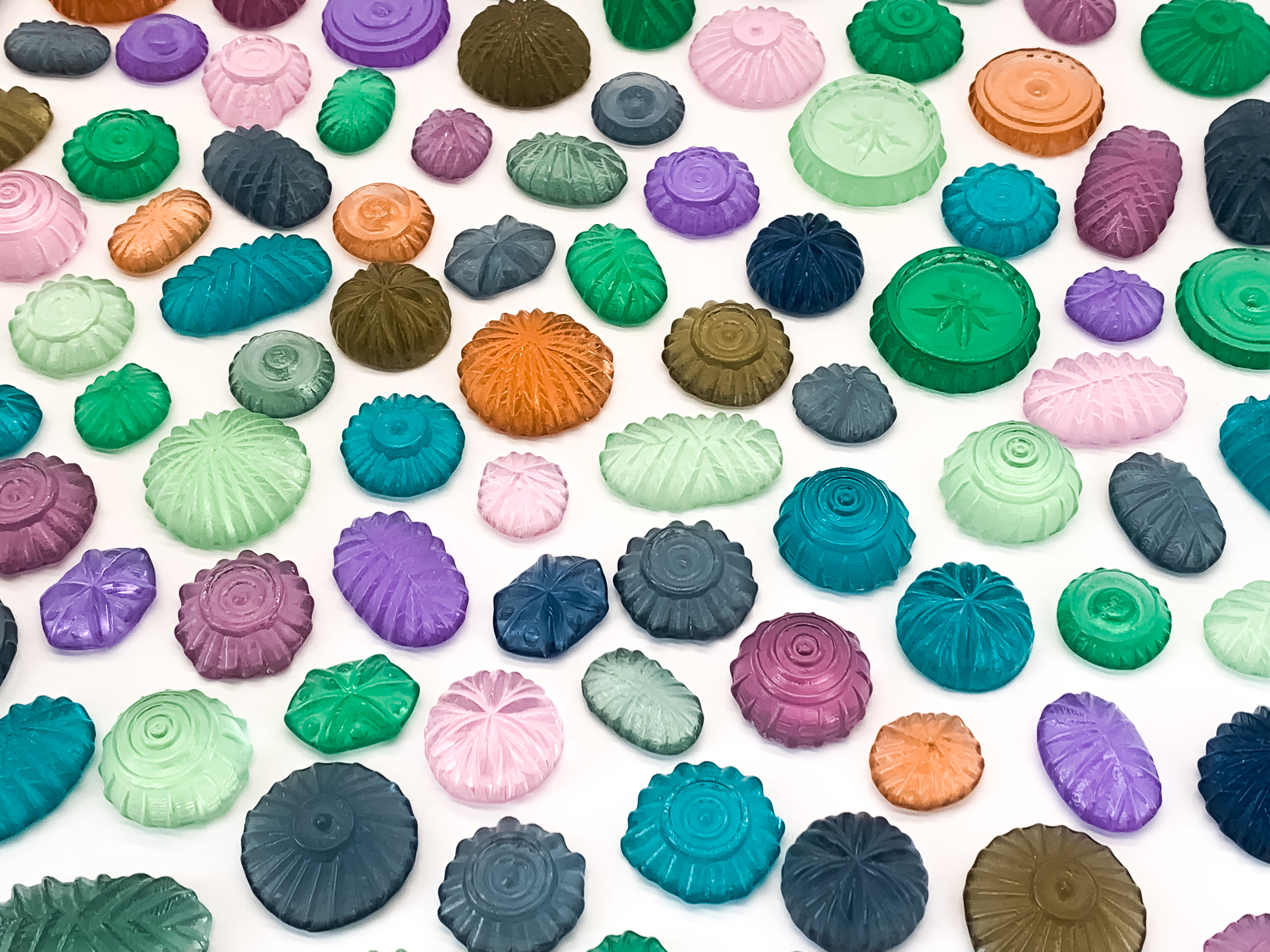
Collective memory and loss has always been delicately intertwined with joy and celebration in Lebanon, a country that seems to wake up to new crisis every day. London-based Lebanese artist Ramzi Mallat’s powerful installation Not Your Martyr at the V&A – staged as part of the 2025 London Design Festival – is a bittersweet memorial that seeks to crystallise a moment of Beirut tragedy.
Not Your Martyr: Ramzi Mallat at the V&A
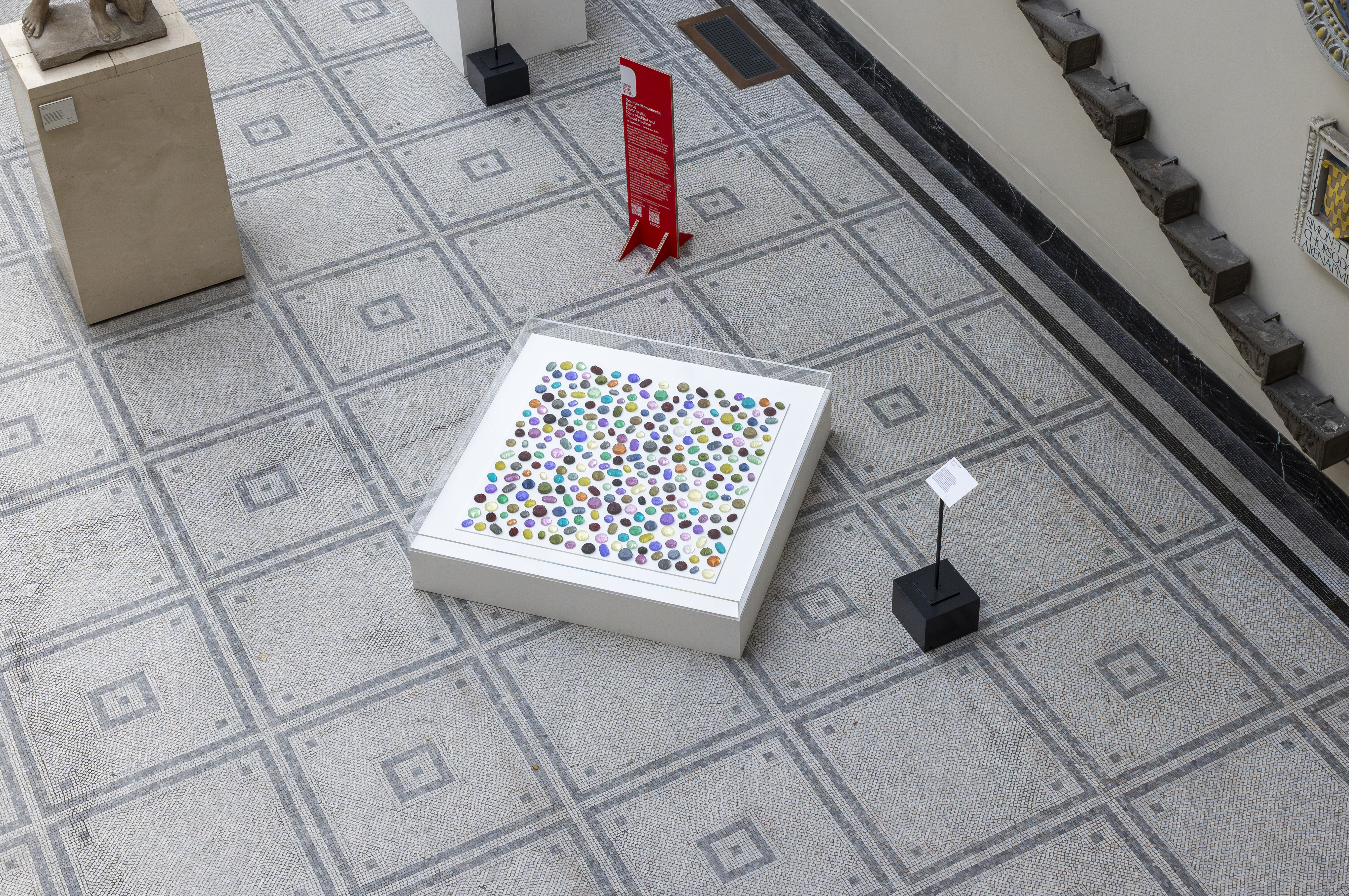
Created to honour the victims of the 2020 Beirut Port Blast, which this August marked five years, Mallat’s installation is made up from 260 colourful glass representations of ma’amouls – a traditional Levantine date or nut-filled shortbread eaten during Easter, Eid and other festivities – each one symbolising one of the lives lost.
The display is co-curated by Rachel Dedman, the V&A’s Jameel Curator of Contemporary Art from the Middle East, in collaboration with London Design Festival. Inspired by the patterns and forms of ma’amouls the project also draws on a shared food heritage that transcends religious and cultural difference, celebrating community and resilience in the wake of tragedy. It also doesn’t shy away from vulnerability and grief.
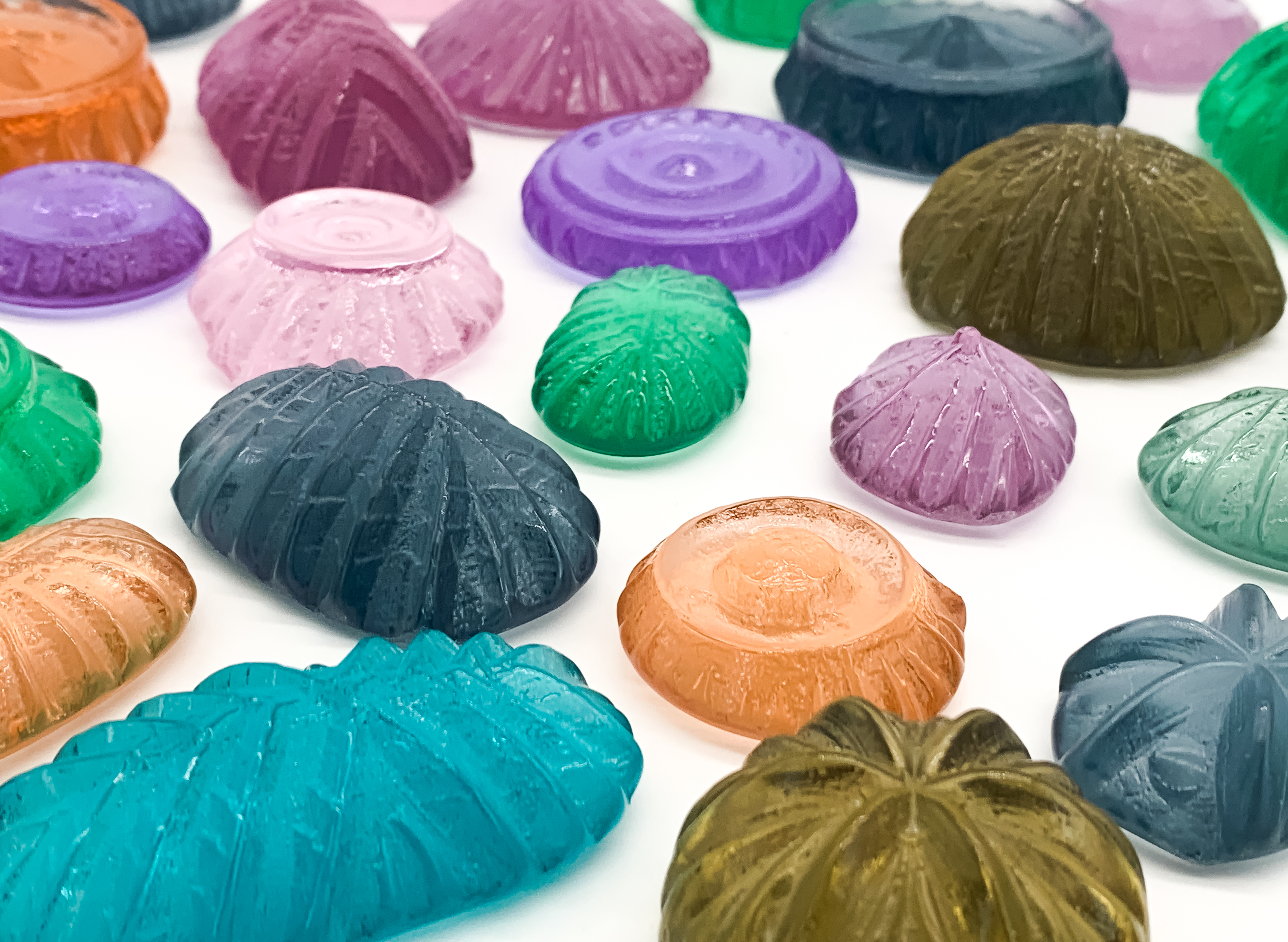
'After the blast, I was picking up glass for months and I started thinking about the fragility of the whole medium,' Mallat tells Wallpaper*. 'There were many artistic memorials made for the first anniversary, but I wanted to sit with it longer, and it was a solemn decision that every viewer should engage by looking downwards, rather than looking upwards at some kind of glory-filled grand artwork.
'I knew I wanted to use an item of heritage that tied in multiple religions and communities, and ma’amoul was the perfect form. The patterns are all like flowers, sunburst, leaves, raindrops and circles, and they also spoke of the shifting of seasons, still very much within the domestic sphere, so something that all of us engaged with that permeated generations.'
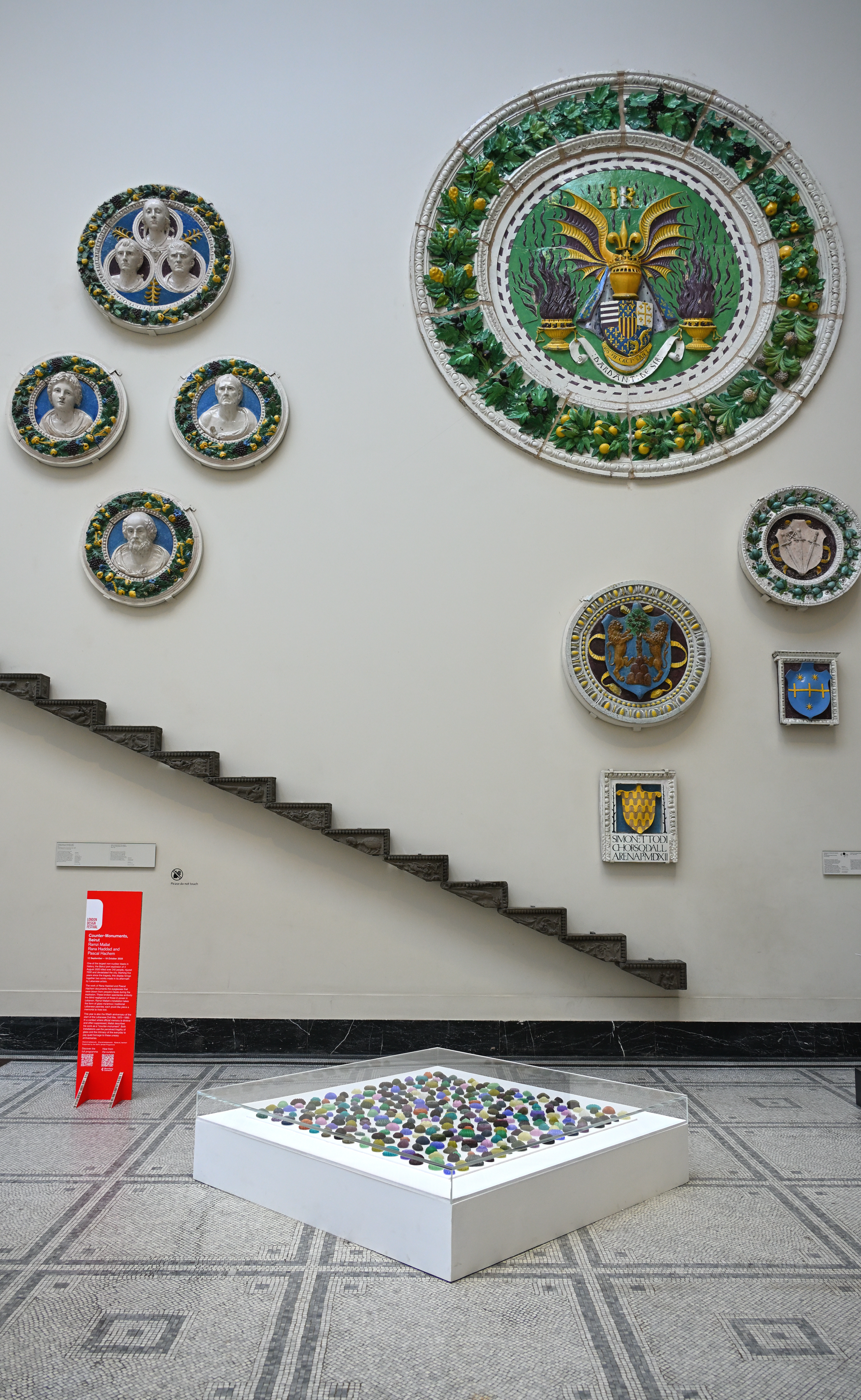
The installation has a quiet intimacy to it, drawing on a collective memory of joy, to honour a collective amnesia of tragedy. Mallat spent years collecting the wooden moulds from around the region, even carving a few himself, immersing himself in the manual process, before making a mould that would be suitable for a kiln and producing each glass sweet by hand.
'There’s a touch of Memento Mori to them. They elicit memories of celebration, but also showcase a lot of ephemerality, transience and death as well, because the fact is that ma’amoul doesn’t last too long, they’re only around for a brief time,' Mallat says. 'To make them out of glass was important because it speaks of the fragility of the material, while also allowing for light to permeate them. It also tied into a lot of violence that glass had brought during that time, as so many people were killed or injured by flying glass.'
Receive our daily digest of inspiration, escapism and design stories from around the world direct to your inbox.
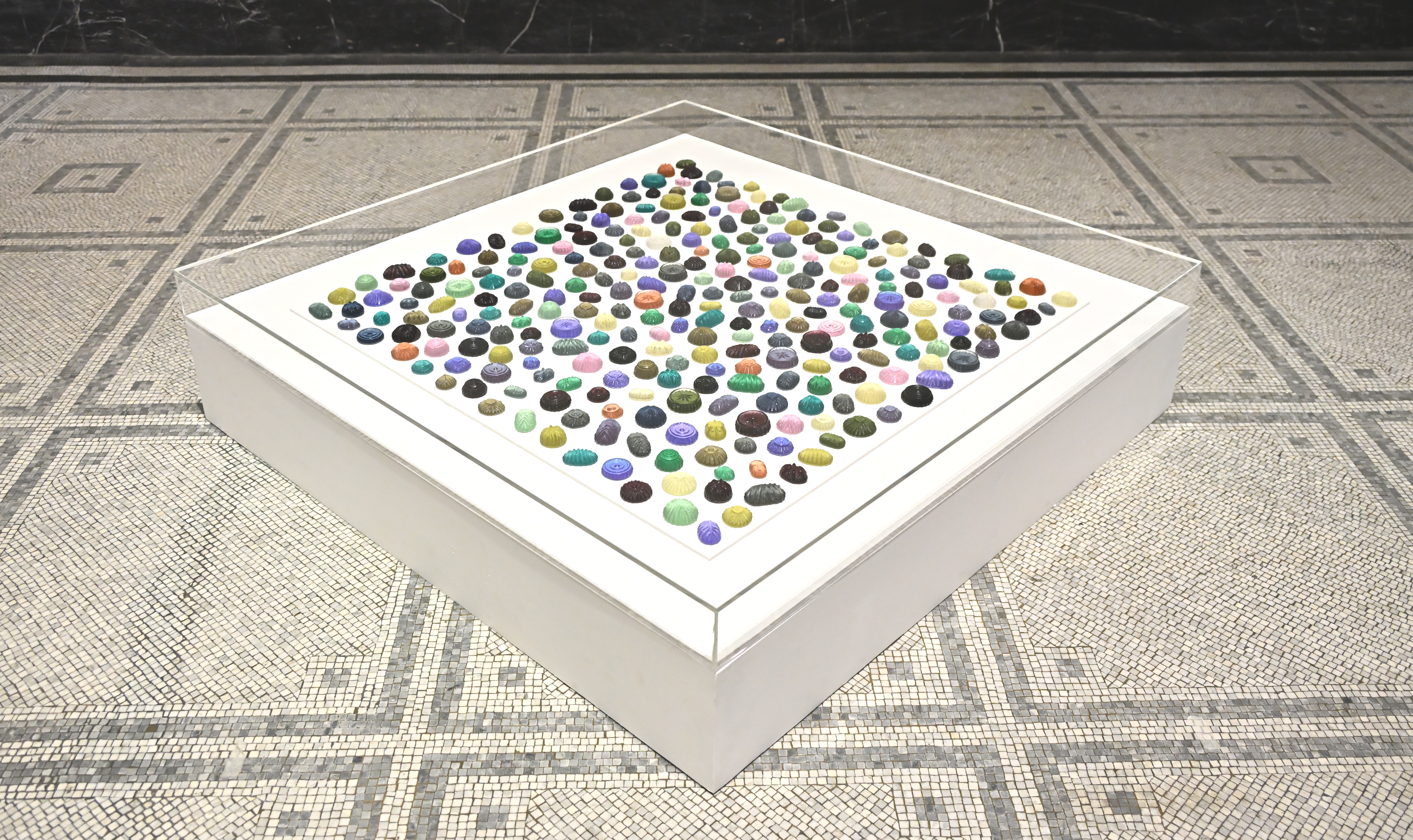
The installation also seeks to act as a counter-monument, as 2025 marks 50 years since the onset of the 1975-1990 Lebanese Civil War. No monuments or memorials were ever built for it, and no official monuments have been built for the 2020 port blast either.
Mallat’s work seeks to offer a monument, which though small in scale, is appropriate in tone – moving away from detached, symbolic statues that plaster over the real human loss, and instead celebrating those individual victims, offering a touch of healing.
‘Not Your Martyr’ will be on display at the Medieval and Renaissance Gallery (50A) of the V&A South Kensington from 13 September – 19 October 2025
Maghie Ghali is a British-Lebanese journalist based in Beirut. She reports on arts, culture, travel, design, food, the environment and humanitarian issues, both regionally and internationally. As a freelance journalist, she has covered stories around the world for outlets such as Architectural Digest, Al Jazeera, The National, Frieze, Wallpaper* and others.